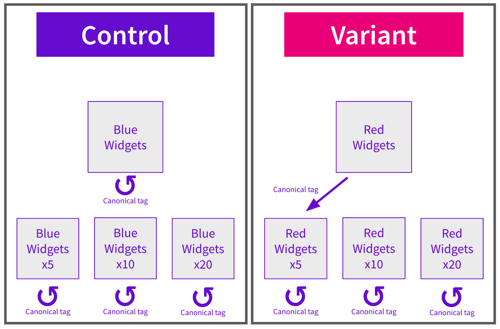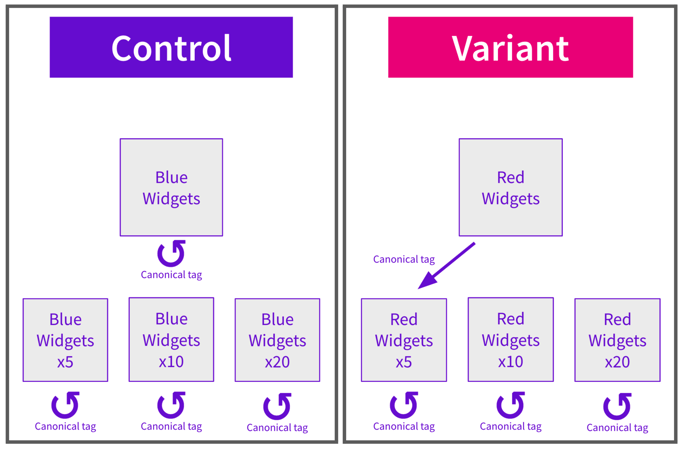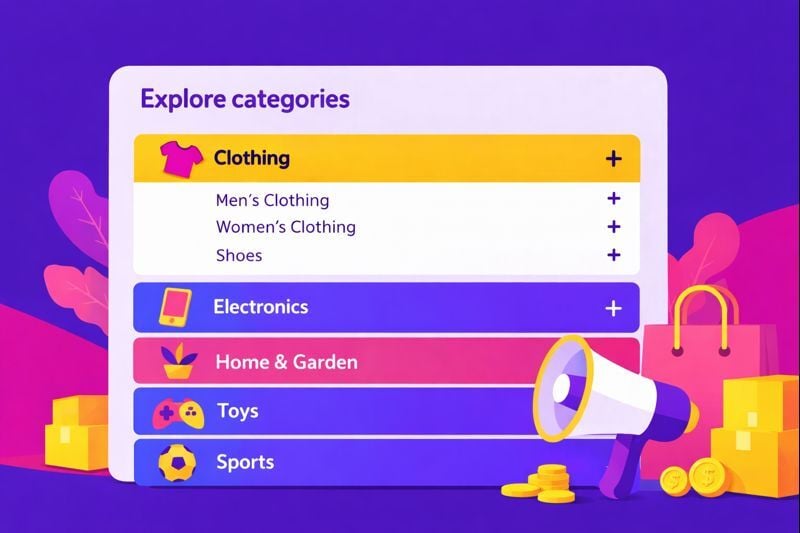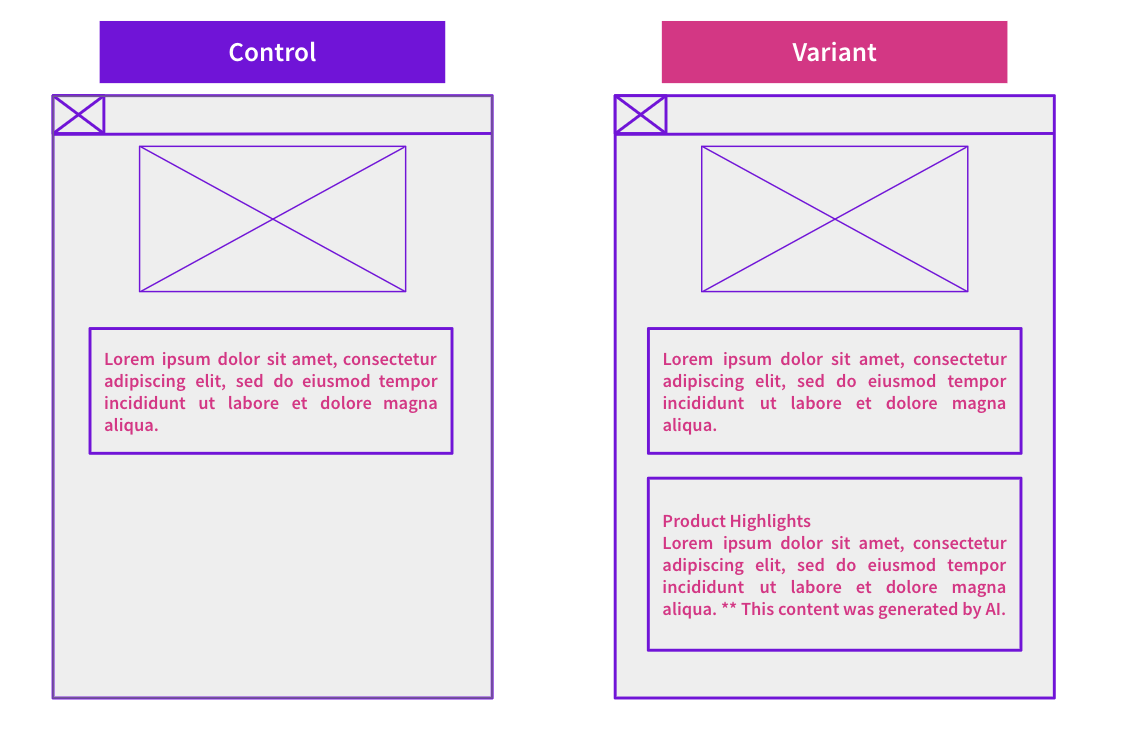Start here: how our SEO split tests work
If you aren't familiar with the fundamentals of how we run controlled SEO experiments that form the basis of all our case studies, then you might find it useful to start by reading the explanation at the end of this article before digesting the details of the case study below. If you'd like to get a new case study by email every two weeks, just enter your email address here.
This week we asked our followers on Linkedin and Twitter what they thought would happen to organic traffic if canonical tags on an ecommerce site’s product pages were updated to point to a specific variation of the product.
Here is what they thought:
Poll Results
Overall, opinion was split, with just under half of respondents thinking it would have no significant impact, and around a third saying it would be positive.
As you’ll see if you read on, the actual impact was positive. The 35% was correct!
The Case Study
For ecommerce websites, it’s always a challenge to ensure all variations of a product are indexed and able to rank alongside pages that may appear to be very similar. Different websites can take very different approaches, ranging from only having one URL for each product type, to having lots of fine-grained variations all available to rank in search engines. We have seen previously that how ecommerce pages link to each other can have a strong impact on performance.
One of SearchPilot’s ecommerce website customers decided to test whether it was beneficial to have the general landing page for each product have a canonical tag pointing to the primary specific variety’s URL, or to leave them as self referential canonical tags. They had previously made a change to make all product variations indexable with self-referential canonical tags, including quantity and size variations. Unfortunately, those pages were not getting indexed consistently, and were not receiving as much organic traffic as had been hoped.
What was changed
The way their site was structured was to have one URL for the main product page, with separate URLs for each variation, using a URL parameter to differentiate them. The test they ran involved changing the canonical tag on the main product page from being self-referential, to pointing at one of the product variations. They hypothesised that by doing this, the product variations would start getting indexed, while the main product pages would continue to perform well as well.

The test was measured in two different places: the main product pages, and the product variations. This allowed them to weigh up the impact for both the main and variation pages, to see what the net effect of this change would be.
Results
Main pages:
Variation pages:
For the main pages, we saw no negative impact, with the test being inconclusive overall. However, on the variation pages, we saw a positive result, with the best estimate being a 22% uplift to organic traffic to those pages. As such, the overall result was positive, and this change was deployed to all relevant products.
Every ecommerce website’s setup will be different depending on a lot of factors, including the number of variations per product, the internal linking structure, and the lifetime of products on the website. This approach may not work for everyone, but in this case, adding a canonical to a specific variation of products definitely had a positive impact!
How our SEO split tests work
The most important thing to know is that our case studies are based on controlled experiments with control and variant pages:
- By detecting changes in performance of the variant pages compared to the control, we know that the measured effect was not caused by seasonality, sitewide changes, Google algorithm updates, competitor changes, or any other external impact.
- The statistical analysis compares the actual outcome to a forecast, and comes with a confidence interval so we know how certain we are the effect is real.
- We measure the impact on organic traffic in order to capture changes to rankings and/or changes to clickthrough rate (more here).
Read more about how SEO testing works or get a demo of the SearchPilot platform.




